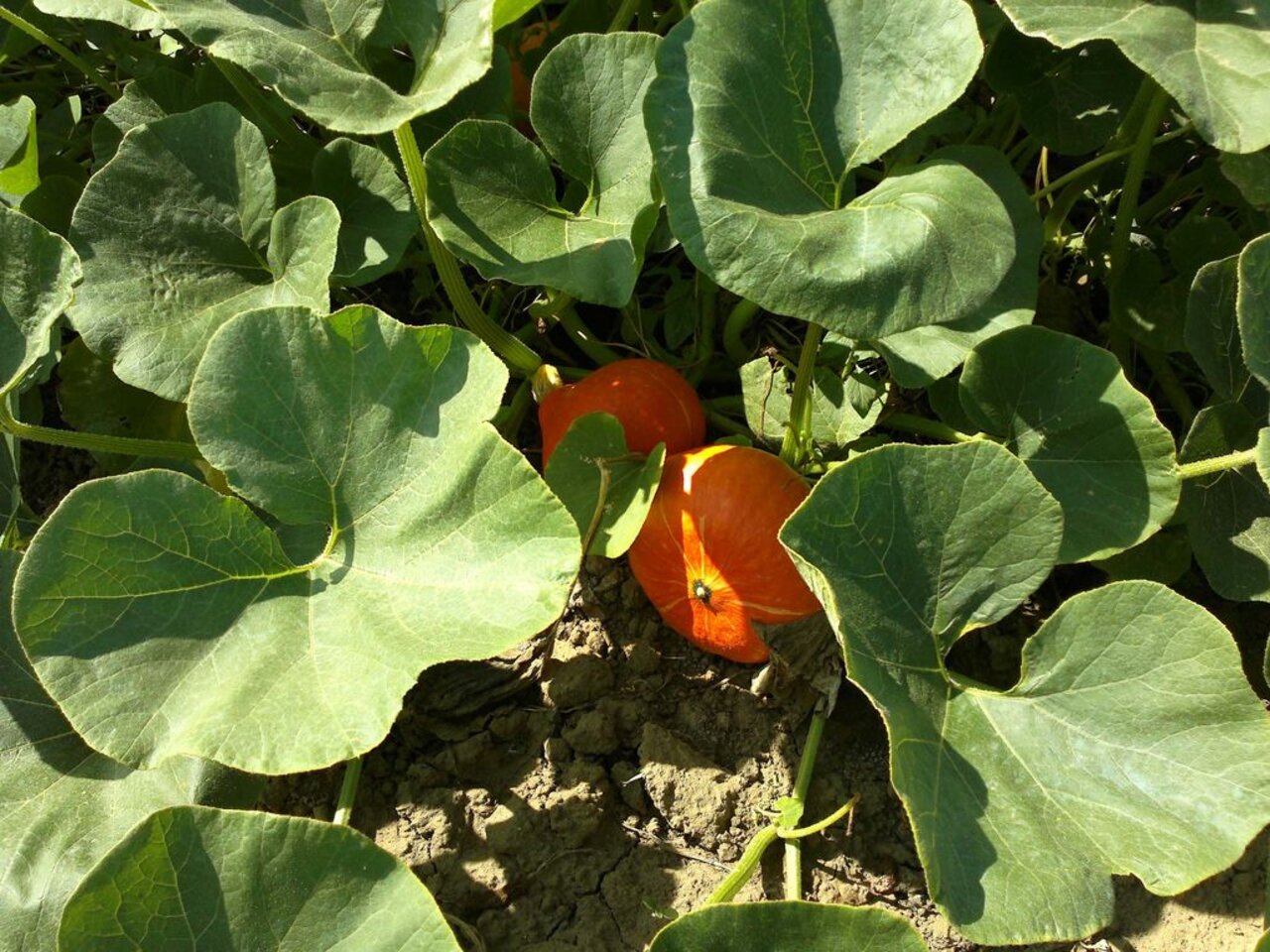Project
Costs and benefits of improved nutrient management strategies in organic vegetable production

Costs and benefits of improved nutrient management strategies in organic vegetable production
Sustainable nutrient management is a challenge also in organic agriculture. Scarcity of resources and increasingly restrictive legislation concerning the use of nutrients in agriculture are challenges for both conventional and organic vegetable production.
Background and Objective
The objective of the project is an economic analysis of current and new nutrient management strategies of organic vegetable farms. The results should support farmers in the optimization of nutrient management with regards to costs and benefits and contribute to decision making concerning the adoption of new strategies.
Approach
The methodological approach of typical farms was applied. An extensive literature research, interviews with farm advisors and experts from applied research as well as a survey of 23 organic vegetable farms formed the data base for the analysis.
First, an overview of the use of nutrient management measures on the farms surveyed was compiled. The benefits of nineteen different measures in terms of nutrient available for the crop, humus build-up and other effects on the production system were then estimated, and the direct and labour costs for a standard use case were calculated.
In a further analysis step, typical nutrient management systems for four different vegetable crop rotations with different crop portfolios and intensities of vegetable production were modeled on the basis of the farm surveys. The quantities of nutrients applied were estimated in each case and the costs calculated for the entire crop rotation.
In all work steps, close cooperation was maintained with other projects funded by the BÖLN in the field of nutrient management in organic farming (see also www.nutrinet.agrarpraxisforschung.de) in order to make optimum use of synergies.
Data and Methods
The economic assessment of nutrient management and of innovative strategies is based on modelling of typical production systems. These do not reflect individual farm data, but represent the production system with quantities, prices and operations. The parameters of the models are derived from different data sources, such as farmers, farm advisors, farm documentation, statistics and literature. The model assumptions are validated in cooperation with the project advisory board. Changes in the production system through implementation of new nutrient management strategies with respect to input, labour and machinery use as well as possible output changes are assessed with respect to the status quo in the reference scenario. Using model calculations offers the advantages of broader relevance than individual farm data while maintaining confidentiality of data.
Our Research Questions
Which are costs and benefits of current nutrient management in organic vegetable farms and how are economic parameters affected by adopting innovative nutrient management strategies?
How important are cooperations for nutrient managements between farms and how can such cooperations be improved?
Which innovations in nutrient managements for organic vegetable production are most likely to be adopted into practice?
Results
The nutrient management measures used by the farms can be grouped into organic commercial fertilizers, farm-based materials such manures or composts and cultivation measures.
The survey shows that farms generally use a variety of combinations of measures from the different groups. In particular, the cultivation of clover grass or other legumes and crops is an essential part of nutrient management. The use of farm-based materials such as manure, dry poultry manure or composts is very much dependent on availability, especially for livestock-free specialist vegetable farms. In the case of commercial fertilizers, a distinction is made between animal and plant source materials. They are used on most vegetable farms.
The results of the cost calculation were summarized in the form of fact sheets. As a comprehensive evaluation scheme with factual, crop-related, economic and practical criteria, these make a concrete contribution to an improved information basis for advice and vegetable-growing practice.
The analysis of typical nutrient management systems shows different nutrient strategies depending on the main source of nitrogen supply from N-fixation by legumes, from farm-based or commercial fertilizers, or the combination of these nitrogen sources. The average annual amount of nitrogen applied or obtained through N-fixation ranged from approx. 90 to 175 kg N/ha. The average costs were between 6.30 €/kg N and 12.80 €/kg N.
These models of typical nutrient management systems in organic vegetable production investigated here can serve as a starting point for further analyses and as a reference scenario for the optimization of nutrient management on similarly structured farms. Further research is needed in a quantitative analysis of nutrient efficiencies in order to evaluate nutrient management optimization strategies.
Thünen-Contact

Funding Body
-
Federal Office for Agriculture and Food (BLE)
(national, öffentlich)
Duration
1.2020 - 12.2022
More Information
Project funding number: 2818 OE 019
Funding program: Bundesprogramm Ökologischer Landbau und andere Formen nachhaltiger Landwirtschaft (BÖLN)
Project status:
finished
Publications to the project
- 0
Garming H, Wildenhues H (2024) Fruchtfolgen durchgerechnet : So viel kosten Nährstoffe für Gemüse. Bioland(2):30-32
- 1
Garming H, Wildenhues H (2023) Fruchtfolgen im Bio-Gemüsebetrieb - eine Kostenanalyse : Was kostet das Nährstoffmanagement im Ökogemüsebau? Gemüse 59(3):26-30
- 2
Burger H, Garming H, Heinrich B, Wildenhues H (2023) Ökonomische Bewertung von typischen Nährstoffmanagement-Systemen im ökologischen Gemüsebau [online]. In: Bibic V, Schmidtke K (eds) One step ahead - einen Schritt voraus! : Beiträge zur 16. Wissenschaftstagung Ökologischer Landbau, 07.-10. März 2023, Frick (CH), FiBL Campus. 1. Auflage. Berlin: Verlag Dr Köster, zu finden in <https://orgprints.org/id/eprint/50541/> [zitiert am 01.12.2023]
- 3
Garming H, Heinrich B, Wildenhues H, Burger H (2023) Schlussbericht zum Thema : Kosten und Nutzen optimierter betrieblicher und überbetrieblicher Nährstoffmanagementstrategien im ökologischen Freilandgemüsebau. Bonn: Bundesanstalt für Landwirtschaft und Ernährung, 84 p








